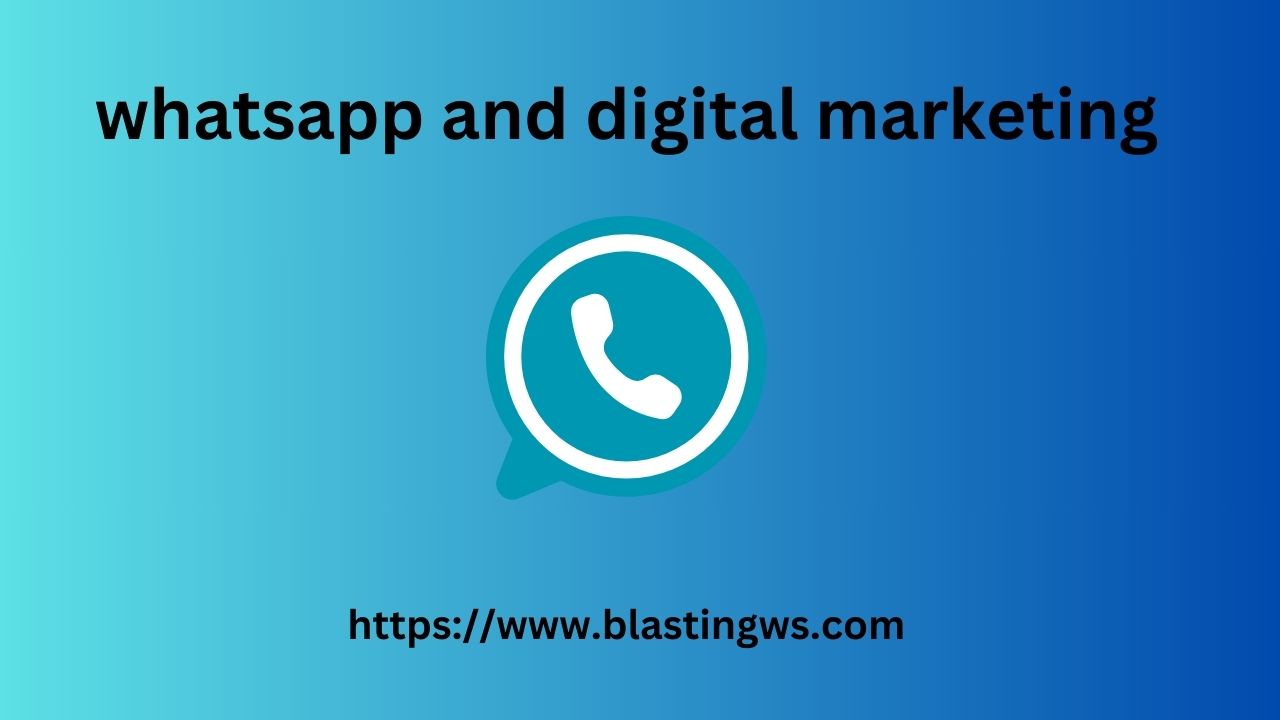Conversational marketing has become a cornerstone in the digital world. This strategy, focused on direct and personalized interaction with customers, transforms the way companies communicate and connect with their audience.
Dating back to its origins, conversational marketing emerged as a response to the need for more authentic and meaningful interactions between brands and whatsapp and digital marketing consumers. From humble beginnings with simple chatbots, it has evolved into sophisticated artificial intelligence tools capable of delivering personalized experiences at scale.
Conversational marketing is not just another tactic in the broad spectrum of digital marketing; it is a unique approach that redefines the interaction between brands and customers.
Basic Principles
- Real-Time Interaction : In conversational marketing, speed is key. The ability to respond in real-time significantly improves the customer experience.
- Personalization : Every conversation is unique. This approach is based on understanding and responding to each client’s individual needs.
- Active Listening : Active listening is essential. It is not just about responding, but about understanding and anticipating the client’s needs.
Compared to traditional methods, conversational this helps customers feel cared marketing offers a more natural and fluid interaction. While traditional marketing is often perceived as one-way, conversational marketing is inherently two-way, fostering genuine dialogue.
Advantages
- Improve Customer Satisfaction : By providing fast and personalized responses, you increase customer satisfaction and loyalty.
- Obtaining Relevant Data : Through conversations, brands collect valuable information about their customers’ preferences.
- Increased Conversion : Direct interaction can guide customers through the sales funnel more efficiently.
Disadvantages
- Technology Dependency : Requires investment in AI tools and chatbot software.
- Data Management : Managing large bw lists volumes of data and ensuring its security can be a challenge.
- Risk of Depersonalization : If not implemented correctly, it can appear generic or artificial.
In short, conversational marketing is a revolutionary strategy that puts the customer at the center of communication. With its clear advantages, such as improved customer satisfaction and increased conversion, and its challenges, such as dependence on technology and data management, it is positioned as a
Tools and Technologies in Conversational Marketing
In the universe of conversational marketing, tools and technologies play a crucial role. Let’s dive into the most important ones:
1. Chatbot and AI Software
Artificial intelligence (AI)-powered chatbots are the cornerstone of conversational marketing.
- Intelligent Automation : These chatbots can handle frequently asked questions, freeing up valuable time for your team.
- Continuous Learning : With AI, chatbots improve with every interaction, providing more accurate and personalized responses.
- 24/7 Availability : They offer constant assistance, improving the customer experience without rest.
2. Messaging Platforms
Platforms like WhatsApp and Messenger are essential in conversational marketing.
- Broad Reach : With billions of users, these platforms offer enormous potential to connect with customers.
- Direct and Personal Communication : They allow for more intimate and direct communication, key to building lasting relationships.
- Integration with Chatbots : The integration of chatbots into these platforms facilitates automated and efficient interaction.
3. Integration with CRM and Other Systems
Integration with Customer Relationship Management (CRM) systems is vital.
- 360 Degree Customer View : Allows companies to have a complete view of the customer, improving personalization.
- Unified Workflow : Integrating conversational marketing with CRM and other business systems ensures efficient and consistent management.
- Real-Time Data : Provides valuable information for decision making and continuous improvement of strategies.
Using these tools and technologies in conversational marketing not only improves operational efficiency but also enriches the customer experience, a key factor for success in today’s dynamic digital world.
Effective Strategies in Conversational Marketing
Conversational marketing is more than just a tool; it is a dynamic strategy that, when implemented correctly, can revolutionize the way businesses interact with their customers. Here we explore three key pillars:
1. Personalization of Communication Personalization is at the heart of conversational marketing .
- Know Your Customer : Use data from previous interactions to personalize messages.
- Tailored Responses : Every client is unique, so should their responses be, too.
- Create Memorable Experiences : A customer who feels understood is more likely to become a loyal customer.
2. Automation and Real-Time Responses
Automation is essential in conversational marketing, but it must be smart.
- Intelligent Chatbots : Use AI to provide fast, relevant answers.
- Fluency and Naturalness : Make sure that automatic responses are as natural and less robotic as possible.
- Scalability : Chatbots can handle a high volume of interactions, ensuring consistency and efficiency.
3. Creating an Interactive Customer Journey
The customer journey in conversational marketing is an interactive adventure.
- Guide, Don’t Push : Use conversation to gently guide customers through their journey, providing information and assistance when needed.
- Continuous Feedback : Build in opportunities for customers to provide feedback. This not only improves the customer experience but also provides valuable data for the business.
- Analysis and Continuous Improvement : Use the data you collect to continuously refine your conversational marketing strategy .
Implementing these effective strategies in conversational marketing not only improves the customer experience but also raises the brand profile, fostering greater customer loyalty and engagement.
Measuring Success and Analyzing Data in Conversational Marketing
The key to success in conversational marketing lies in correctly measuring and analyzing the data generated.
Key KPIs in Conversational Marketing
- Response Rate and Time : Indicators of system efficiency and agility.
- Customer Satisfaction : Measures how customers perceive their interactions. A post-interaction

